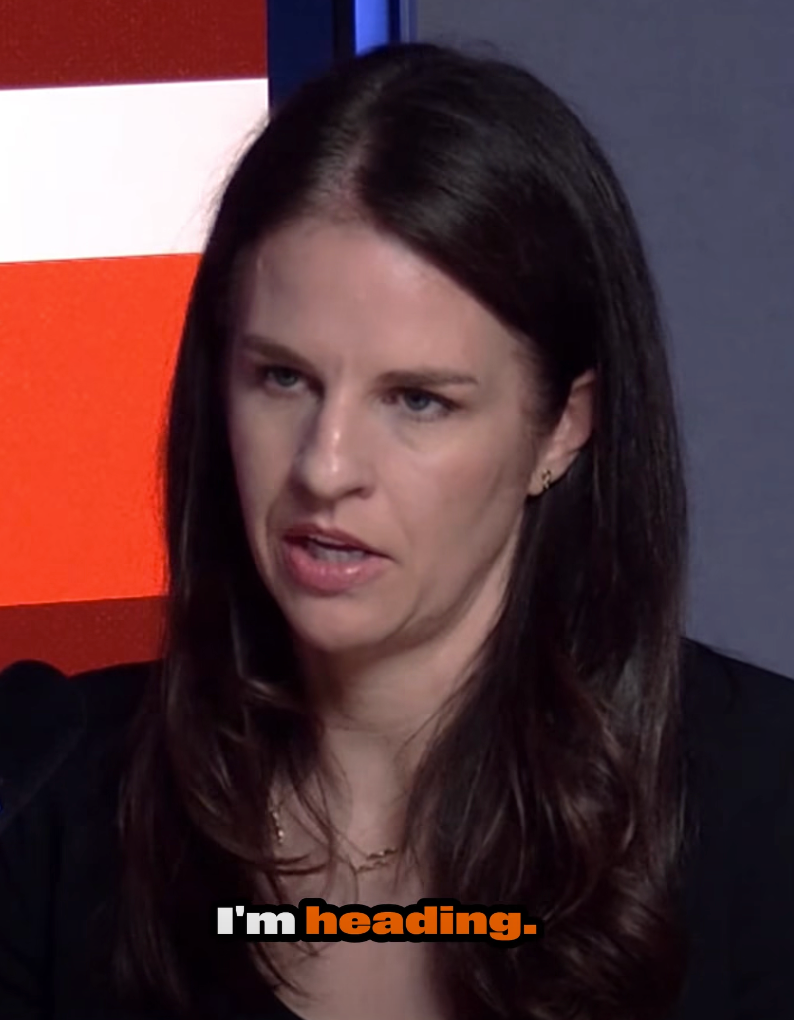Upholding Te Mātaiaho's Vision
- Jun 14, 2024
- 2 min read
by Rebecca Thomas

Of course I had something to say...
When Te Mātaiaho was launched, it represented a watershed moment for indigenous rights in education. For the first time, the national curriculum of a nation was purposefully built upon a mātauranga Māori framework and te ao Māori worldview. As proud advocates, we celebrated this as honouring true Treaty partnership.
The collaborative process brought together Māori educators, iwi and communities (Dr. Wayne Ngata) to intricately weave their knowledge systems and aspirations into the very DNA of the curriculum. Te Mātaiaho stood as a monumental accomplishment - mātauranga Māori was the foundational whakapapa, not an add-on.
However, the latest curriculum revision proposals from the Ministry of Education (come on...refreshing the refresh?) have set off alarm bells. The excerpts that have been released focus solely on Western educational theories like cognitive load, explicit instruction methods, and references to "science of learning" research. Markedly absent is any mention of upholding Te Mātaiaho's indigenous origins or continued Māori engagement in the process.
This raises critical questions we must grapple with as an education community:
Are we truly living up to the revolutionary commitment of Treaty partnership that Te Mātaiaho represented? Or was that transformative vision simply a symbolic gesture, now being walked back?
If these radical curriculum roots are discarded in favour of repackaging through a Western academic framing, have we not negated Te Mātaiaho's entire purpose? Its mātauranga is intimately tied to this land - it cannot simply be extracted and remixed into a Eurocentric paradigm.
Despite what you are being sold now, the common practice model was always shaped by "science of learning" concepts from the outset (Steve and I followed this from the outset here - in fact search any Te Mātaiaho kōrero on our website for the true picture - before you forget). The indigenous framing of Te Mātaiaho went far beyond just pedagogical methods. It embodied a fundamentally different worldview as the curriculum's foundational whakapapa.
As we continue this national discussion, we must think critically about what honouring tangata whenua rangatiratanga over their own knowledge systems truly means. Is having that centrality in the curriculum a right to be protected? Or just lent intellectual property open to repurposing by the Crown?
If Te Mātaiaho was never meant to be a living, evolving commitment to that indigenous vision for education, then we must confront whether its creation was simply performative decolonisation.
These are the intense implications we face if the proposed revisions move forward without reinstating an authentically bi-cultural focus from the ground up. Tangata whenua must have a formative voice and see their worldview represented - not have it subsumed into a singular Westernized model.
For those of us from the tangata Tiriti community, we have an obligation as Treaty partners to earnestly grapple with these tensions. This process will define whether we remain stuck in colonial paradigms suppressing indigenous knowledge, or forge a truly revolutionary path in Aotearoa's education.
No matter where one stands, these are critical perspectives to deeply consider as the curriculum journey continues. The ramifications of this pivot will ripple through generations.
We must think critically to uphold Te Mātaiaho's transformative potential.
When I have digested the documentation more, I will provide more, this is just my first analysis...




Comments